“Be a goldfish.” And 9 Questions with Keith Iler
Question 1:
You’re a fan of the hit show “Ted Lasso.” What do you love about it?
Keith:
First, Jason Sudeikis is just hysterically funny. There is something about the show that I think the world needs right now. That positivity and focusing on the good within people. It's outside the norm. And it's very funny. I encourage people to watch it.
There are great, inspirational quotes that you can apply to a lot of different things. One of them is, “Be a goldfish.”
Ted says to one of his soccer players after he misses a kick, “You know what the happiest animal on earth is? A goldfish. Know why? It's got a 10-second memory. Be a goldfish.”
That's one we actually apply in our house when we talk with our kids. Certainly, I do at work. If I make a mistake or do something wrong, or anybody on the team…get back up and do it again. Be a goldfish!
Here’s a behind-the-scenes look at Ted Lasso.
Question 2:
Speaking of soccer, do you have a soccer player in your family?
Quite a high school career @AbbeyIler ! Just think @pegiler and I wanted you to play volleyball instead….the first of many times you were right about BEING YOU! https://t.co/1JteBTbCrl
— Keith Iler (@thebigpapa3) November 9, 2021
Keith:
Yeah, I'd be wrong if I said I only had one. My oldest son, Jackson, played soccer. He was a state champion in Indiana a couple years ago—a pretty impressive career. He's at Purdue now.
My youngest son, Maddox, stayed away from soccer. He's a lacrosse player.
But the one that I get asked about the most is my daughter, Abigail. A few weeks ago, she signed on to play soccer at Indiana University, which is my alma mater, so it’s extra special.
I got to do “the visit” with her. It was super, super cool. I saw parts of the campus I didn't even know existed. When I went to IU, I didn't get the same amenities that my daughter will get relative to this opportunity. It was really cool.
Question 3:
Where did you grow up?
Keith:
I grew up in Northwest Indiana. If you’re from anywhere around here, it’s called “The Region.” That’s the slang term for it. The town I grew up in is Highland, but nobody really knows where Highland is, unless you're from there.
Highland was a “bedroom community” back then. It didn't have anything going on other than houses and people, but it was a fun place to grow up. I was really, really fortunate. My parents loved me and tried to help me to be a better person throughout my life.
My Dad worked at Inland Steel in East Chicago in the research lab. I have an older brother and an older sister. My sister still lives up in “The Region” just outside of where I grew up.
I’ve lived there almost my entire life other than I had four years in Bloomington at Indiana University.
Question 4:
How did you start your career in insurance?
Keith:
When I got out of college in '93, it wasn't a great labor market. I thought, I might just stay in school, which sounded like a lot of fun, but I knew I couldn't afford it. So, I went around looking for jobs that I could work at part-time and still go to school.
I met this individual who I would say I learned a lot from…the lot I learned was do exactly the opposite of this individual in life. He talked me into being an agent. He told me I would have all this “freedom” to study and go to school.
Well, I found being a young insurance agent to be quite different than that when trying to sell property, casualty and life products. I was really, really bad. Like really, really bad. All the cliches and perceptions that people have about insurance salesmen all applied to me. It was very, very difficult to muster a living.
Eventually, I met a gentleman who was the VP of underwriting and an actuarial at a different company. He picked up right away that I was not going to survive as an agent, and he sort of took me under his wing, and got me a job in underwriting. He ran the actuarial area and he brought me over to that side. I also did some field underwriting, some field claims service and then moved into management roles.
Now, years later, when we’re working with our agent partners and they're complaining about something, I can actually have empathy and say, “I've sat where you are and had this similar problem.”
That's why I admire all the agent partners that we get to work with. It's extremely rewarding for those that prove to be successful and they do great, great work. It's a super noble profession.
Question 5:
Did you once quit your job while on vacation in Hawaii?
Keith:
Yep. In 1999, I was in mid-level management at a captive agency, and there was going to be a CEO change. There are always these camps that form when there's a CEO change. I was in this one camp with four other people, including that gentleman who had taken me under his wing. These were people that were very good to me, taught me, and allowed me to do great things. So, when that gentleman didn't get the CEO job, things started to get a little bit dicey.
And so, it’s July of 1999. We are in Hawaii and Maui. My wife and I, my mother-in-law, and my sister-in-law and her husband. Beautiful destination.
But I just had to find out what was going on at work, so I got up to the room and check my voicemail. There’s a message from my now-new boss. Let's say that it was just not a very positive message.
I remember coming back down and everyone is at the pool. My wife says, "What took you so long?" And I'm like, "Eh, I just quit. I left a voicemail and said, ‘Hey, consider this my two-weeks’ notice.’”
The beautiful, Hawaiian Pacific air made me so relaxed to quit my job without really having anything else!
Soon, I had a couple of opportunities, including some that were out of state. One was with Meridian Insurance in Indianapolis.
Good company. I got to work through Y2K with Meridian and then shortly after that State Auto acquired us, and it's been great ever since. Great culture, great people. The last six years have been probably some of the most rewarding years we've had.
Obviously, everybody knows that Liberty Safeco now owns State Auto, and I think it's going to be a great, great path for a lot of people at State Auto and for the company overall. And, most importantly, for the agents.
Question 6:
Is your wife a “badass?”
Keith:
A “complete badass” is the way most people describe her.
My wife, Peg, started out as an ER nurse at a time when it was hard to get a job as a nurse—which sounds amazing to say that. But she always wanted to be a flight nurse and go around in helicopters and save lives.
Right when I was getting ready to take a job out of state and we were going to move out of central Indiana, she got offered a flight nurse job.
When Jackson was in third grade, his class was going to have career day. So, Jackson's teacher comes up to me and says, "Hey, Mr. Iler. We've got career day coming up and we were just wondering…"
At that point, I considered myself quite successful, so I say, "Yeah, I'd be glad to…"
Then she says, "Well, we wanted to see if your wife's available."
I have to admit, I’m super proud of her. She's a great, great nurse. I think there's another story in there probably for a later podcast. At one point my father was quite sick and she flew up and flew him back and it ended up saving his life. Amazing.
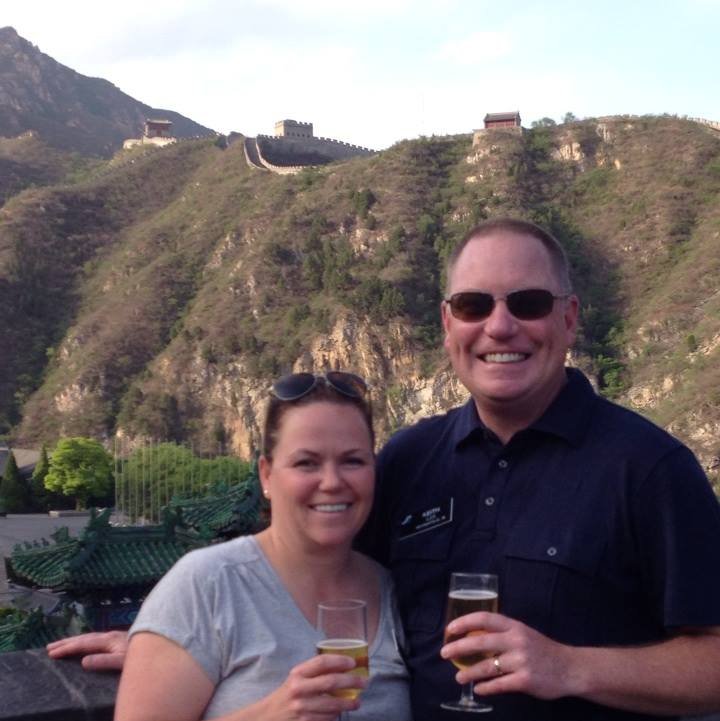
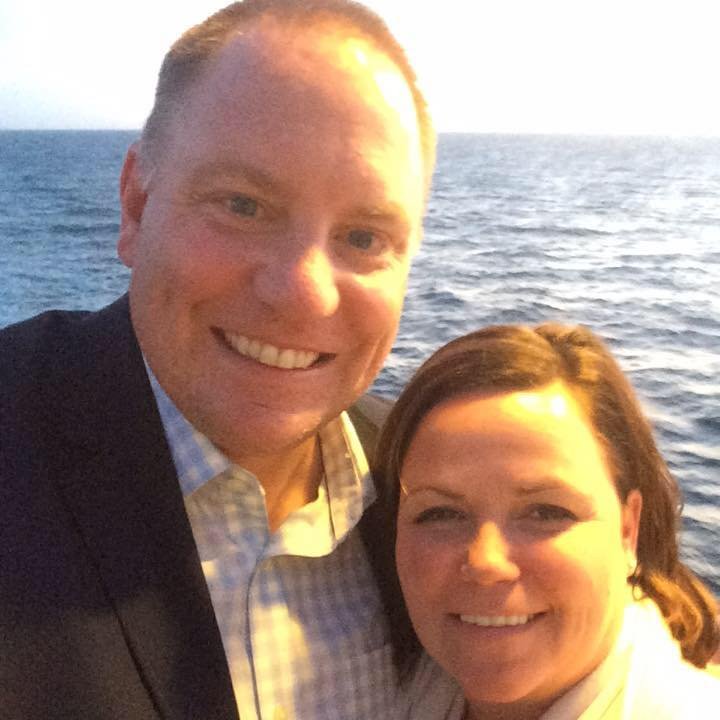
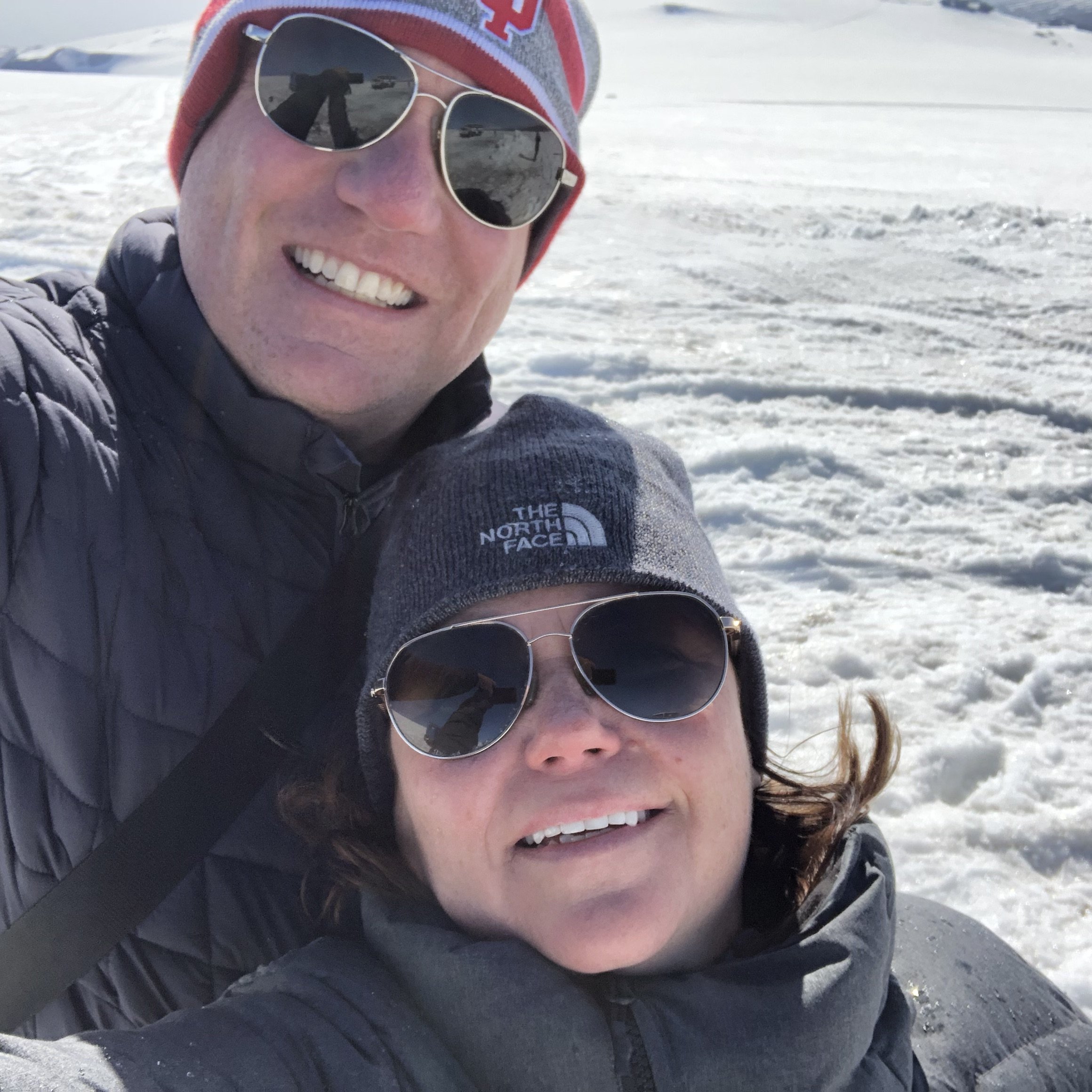
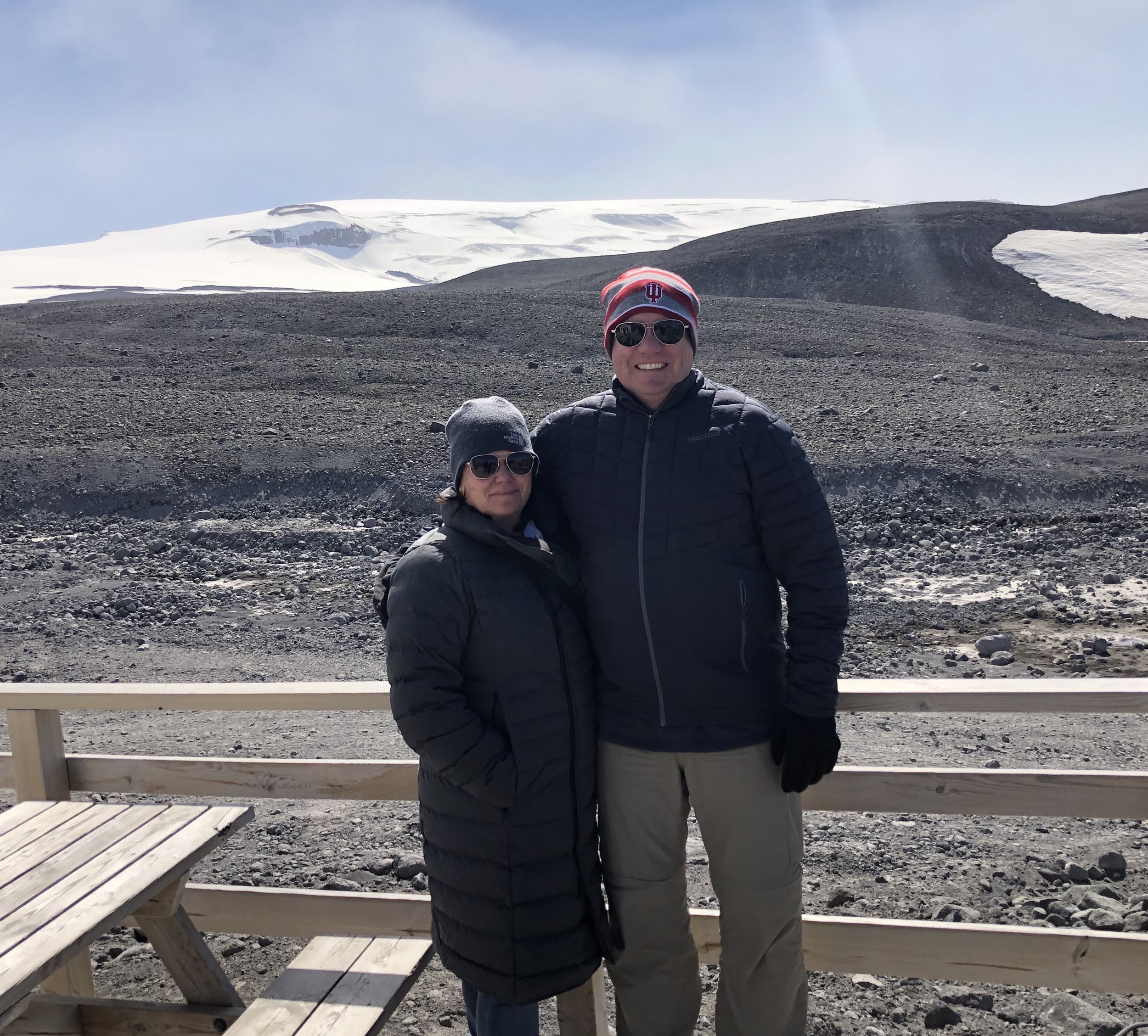
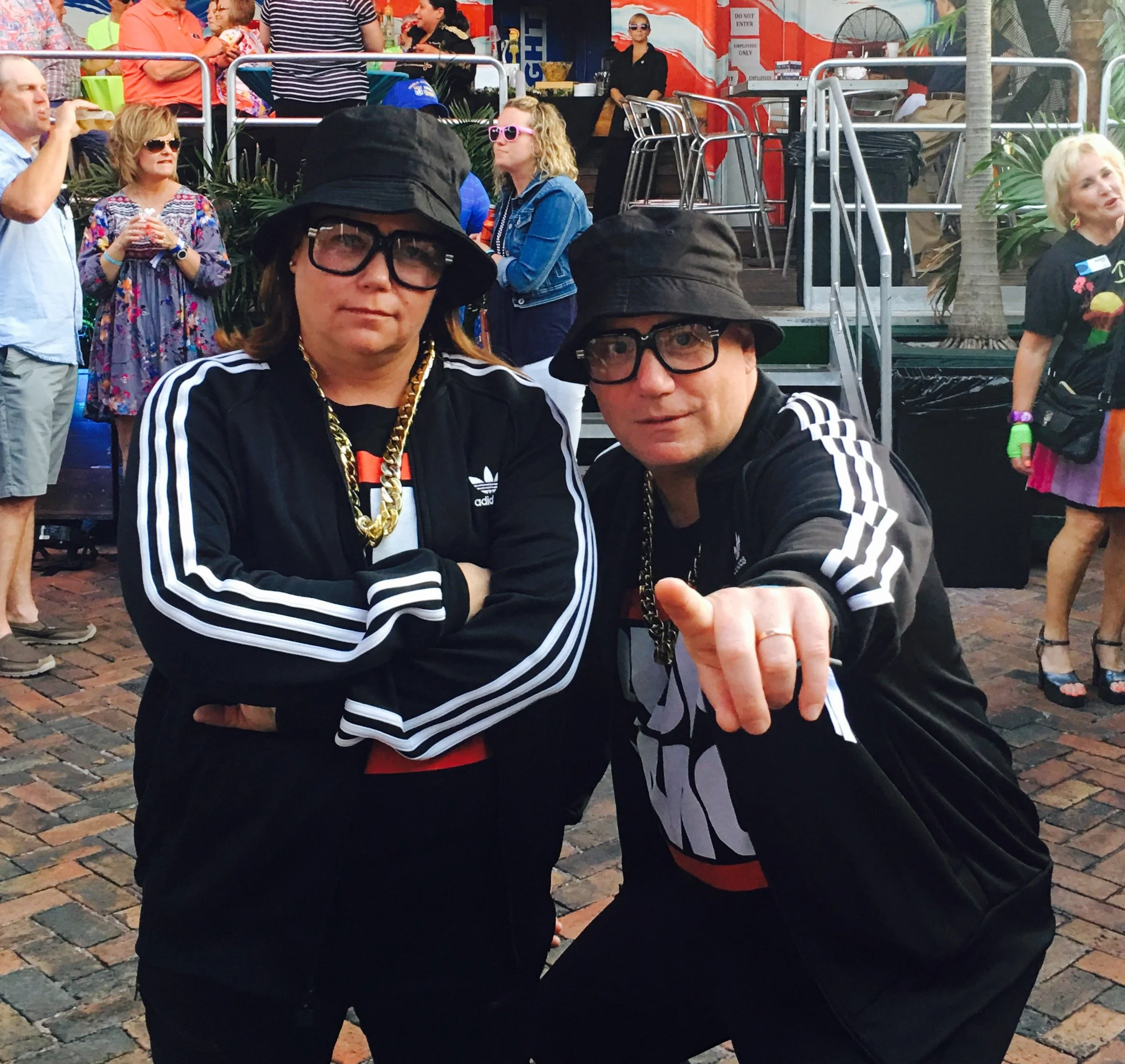
Question 7:
How are companies like Agency KPI changing insurance?
Keith:
It's probably a cliché: Data is king. But the reason why cliches exist is because they're true most of the time.
I look at companies like Agency KPI and the need that it's fulfilling for agents, companies and brokers: to be able to objectively look at multiple data points across multiple platforms—across multiple companies—and have objective conversations around how to mutually drive a partnership forward.
There are something like 350 property and casualty companies operating in the United States. We're all quite different. We have different platforms. We have different ways of looking at things.
The benefit that I see with an Agency KPI is enabling agencies to have a holistic view across all of their partner companies and find solutions that allow them to drive business consistent with what the companies want.
Instead of it just being a ‘State Auto’ conversation, there's a conversation around, "Well, this is what we actually are doing in total within our agency. This is the success that we're having. How are you aligning within that?" It changes the conversation so much and it's just healthier for the industry.
Obviously, better data leads to better decisions, and better decisions lead to better profit results, and better results for the customers as well.
Question 8:
What movie do you ask your co-workers to watch?
Keith:
I ask them to watch “Saving Private Ryan.” Not because of the blood and gore that happens in the first few minutes, but because it's about leadership and being a part of a team. If you're going to ask somebody to do a mission, then walk that same mission with them. There's a greater good that you're after. It's not always your own thing.
There are certain key phrases in there like, “There’s a chain of command. Gripes go up. Not down. Always up.”
When they’re walking through that field and those things are happening, they talk about how soldiers don’t complain down relative to what's happening. Never complain down. You only complain up.
Question 9:
Is the Big Green Egg worth it?
Keith:
I'll give you a pretty hard sales pitch. I'm a Big Green Egg snob. It's really, really important that there's an understanding of that.
I have a Big Green Egg, and I only buy a Big Green Egg charcoal. I only use Big Green Egg drip pans and racks and pizza stones and things like that. There's nothing else that's going into the Big Green Egg other than Big Green Egg-approved equipment.
I've gotten pretty good at brisket. I like to make brisket and pork shoulder as well. This time of year I like to make a chili where it's all cooked on the Big Green Egg—every bit of it. And it's two-time State Champ chili! I won in the neighborhood contest in Indiana and in Ohio with it.
It's super versatile. But the real pitch I tell people is: Buy a Big Green Egg. It'll change your life and it'll save your marriage.
The “change your life” is it's just fun, right? It's fun to cook things on it.
The “save your marriage” part—it wasn't as if my marriage was in jeopardy—but I know my wife would say, we got the Big Green Egg and the next thing you know, she's not cooking as much as she needed to—or wanted to.
She actually does like to cook, which is great for me, and great for the kids. But all of the sudden she had a little bit more freedom. She tells people: Just go and buy your husband a Big Green Egg, and everything will be better.
So again, change your life and save your marriage. That’s my Big Green Egg pitch.






